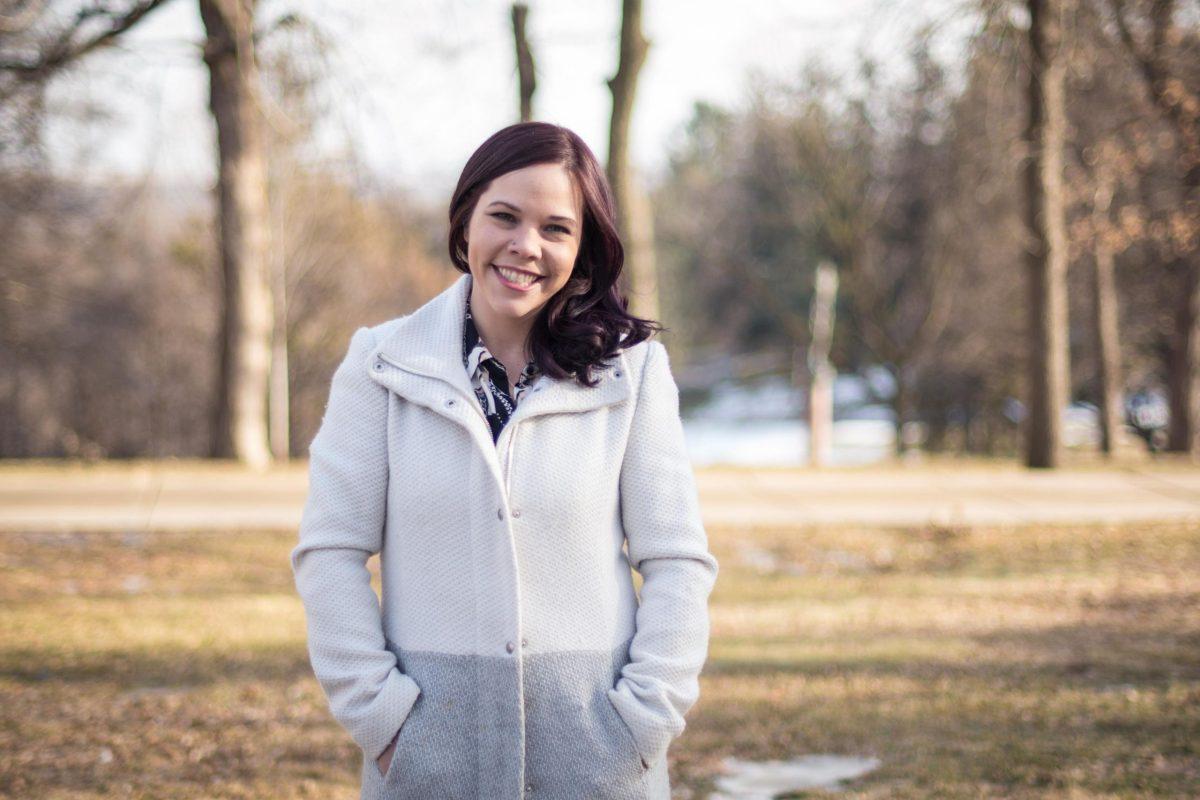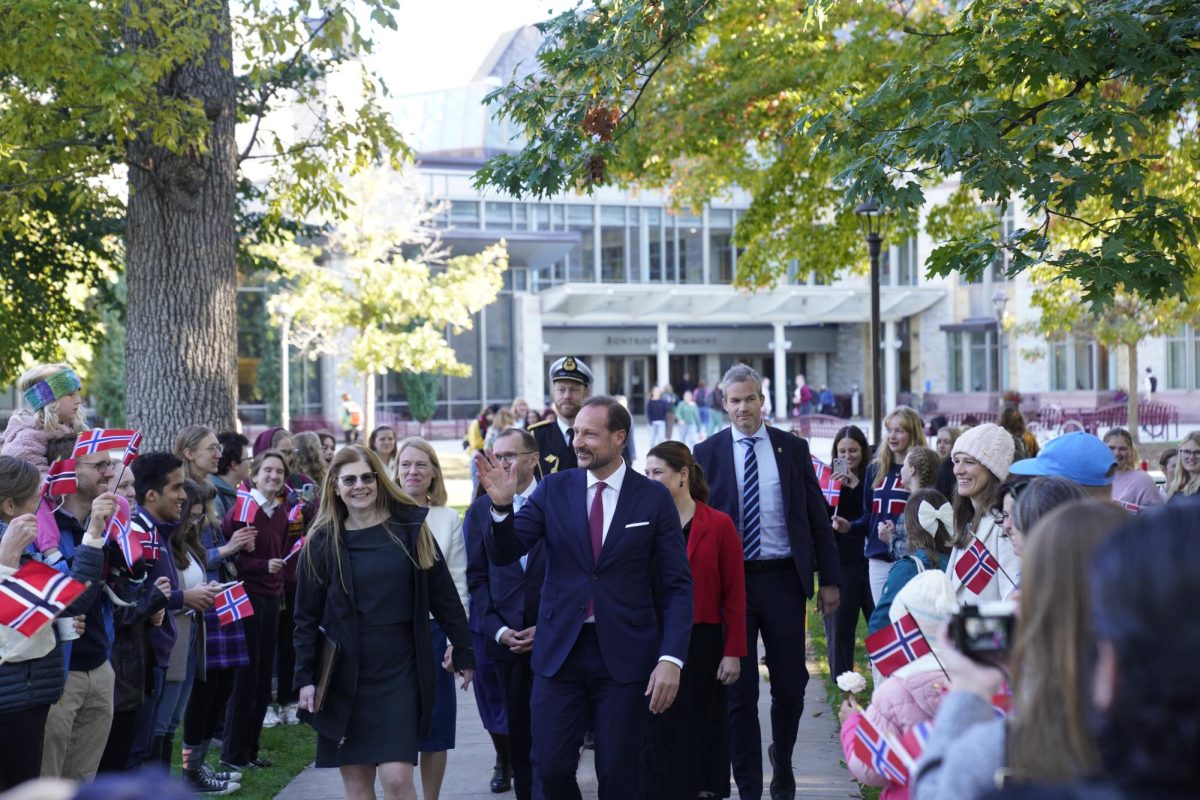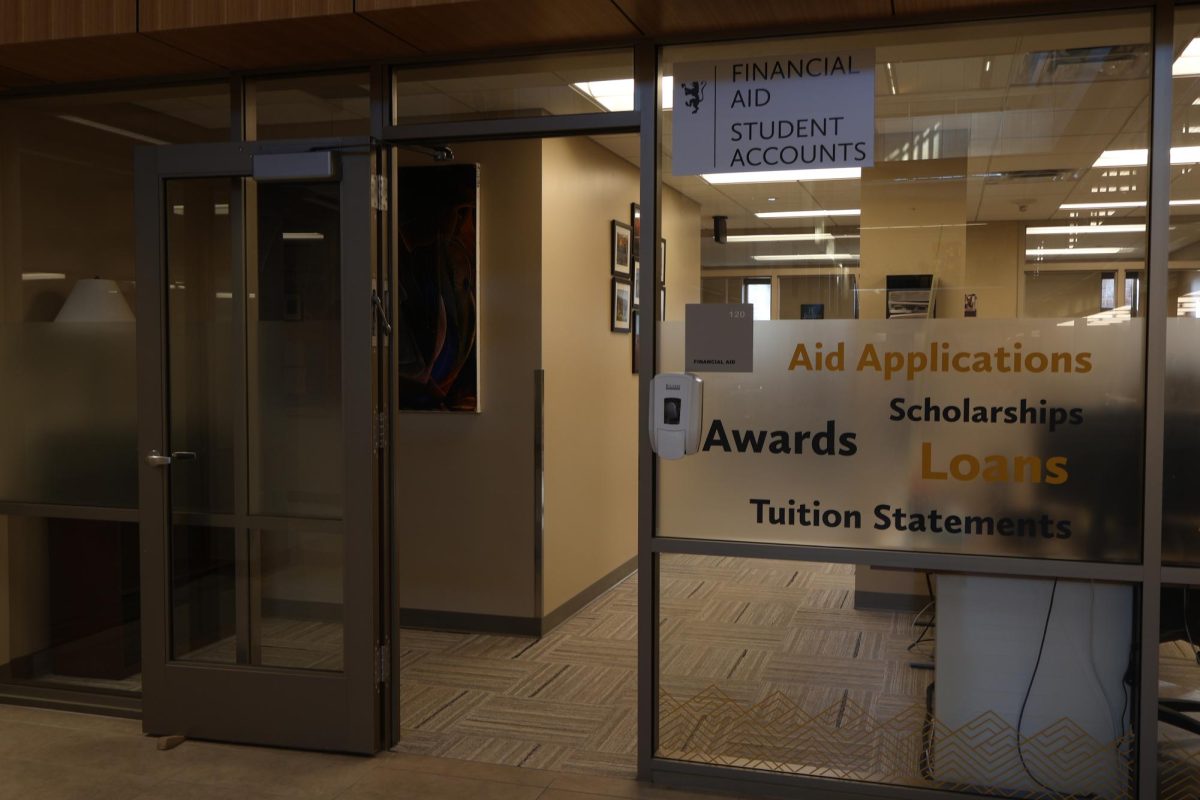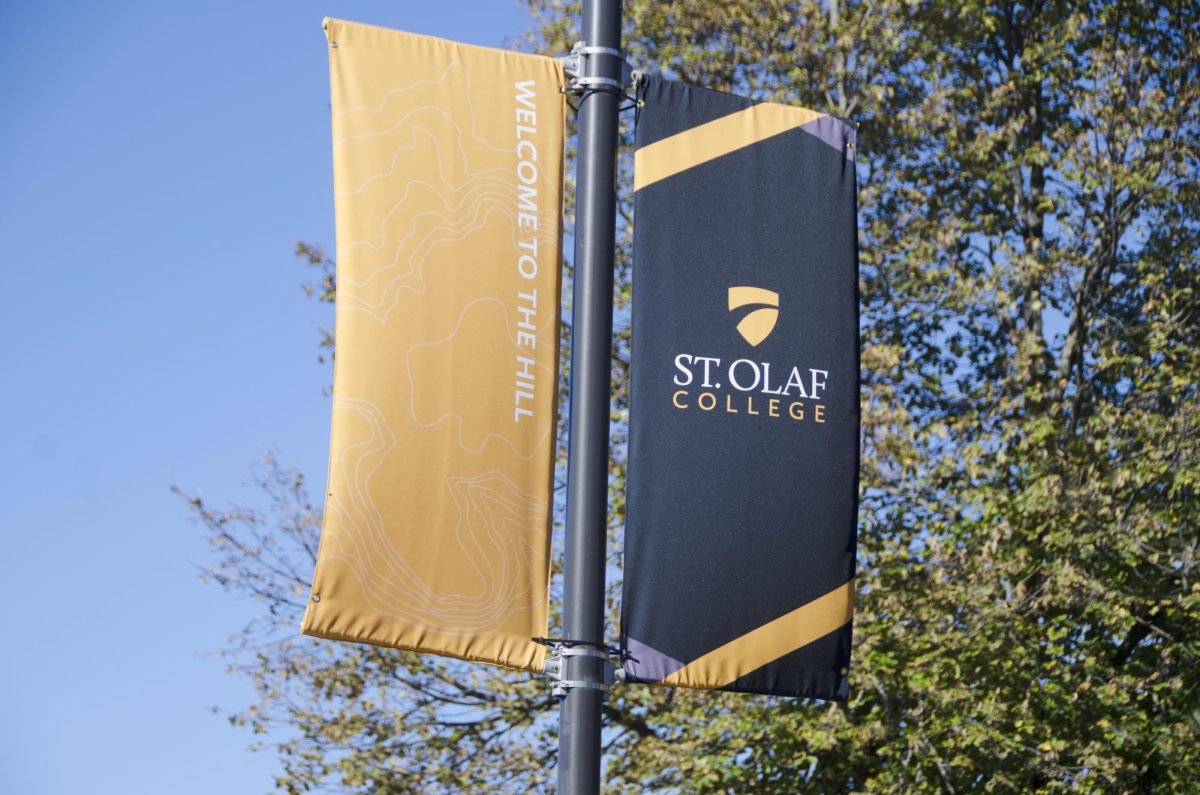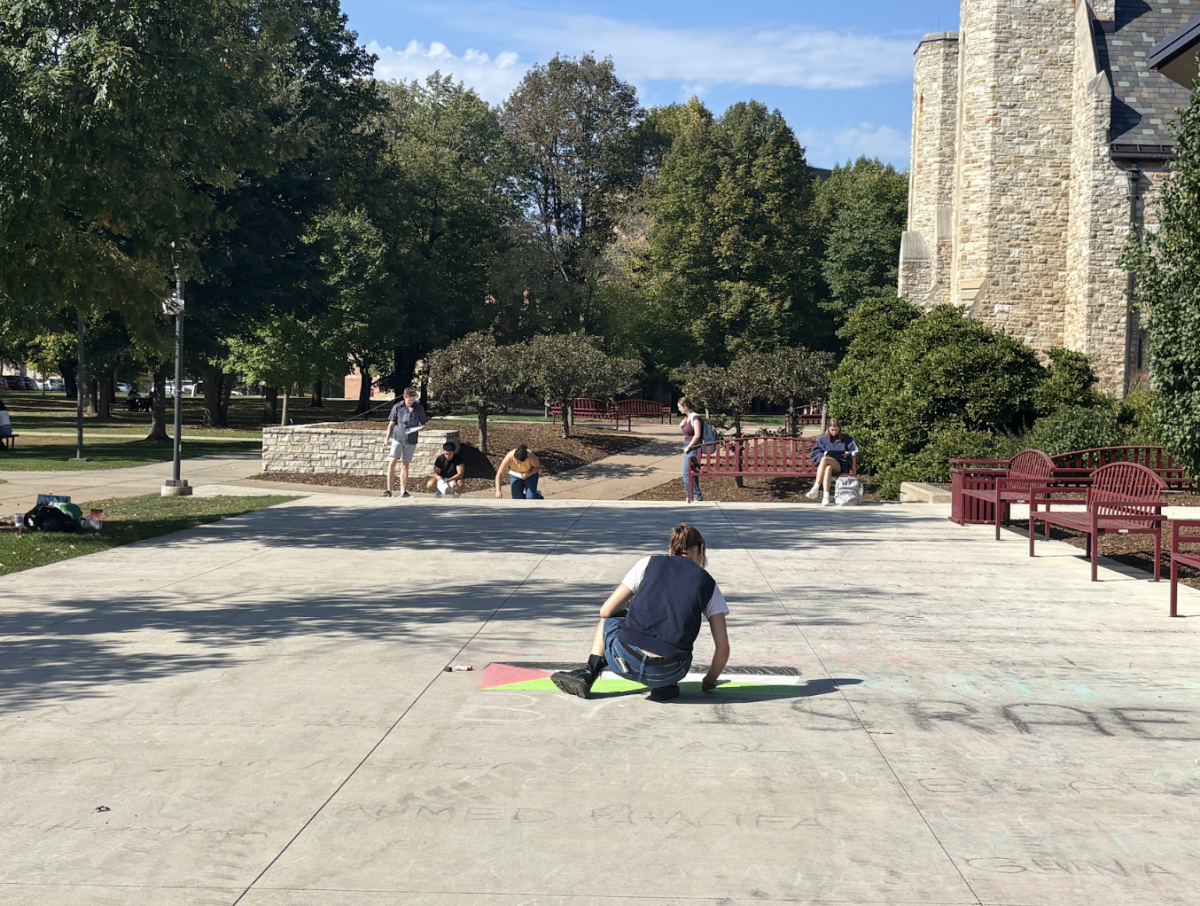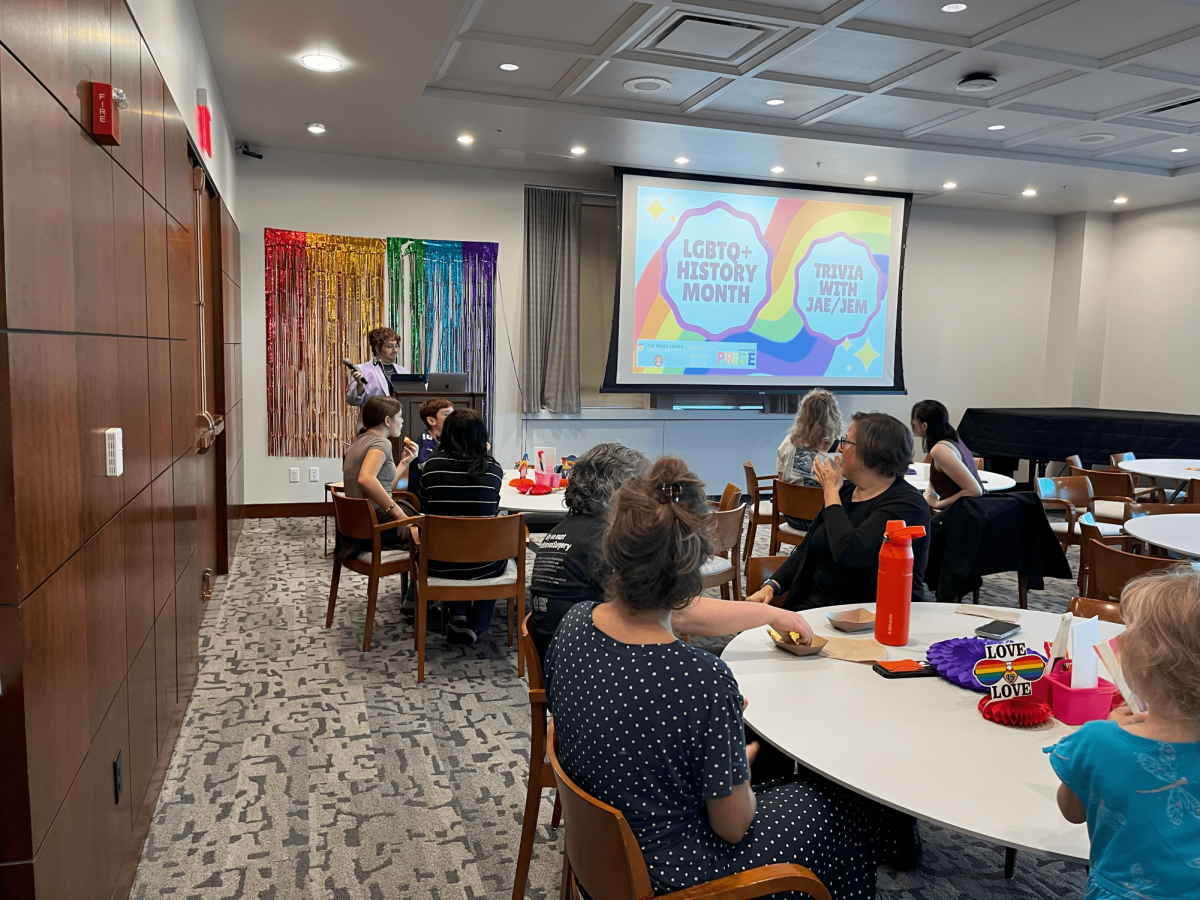María Pabón Gautier has been appointed to the serve in the role of Vice President for Equity and Inclusion in an interim capacity. Pabón currently serves as the Director of the Taylor Center for Equity and Inclusion, and will continue to do so.
The Messenger interviewed Pabón about the transition and her goals for the role. The interview appears below and has been edited for length and clarity.
When did the administration approach you about taking the interim position as Vice President for Equity and Inclusion?
María Pabón Gautier: [President] David [Anderson] approached me last Monday, Feb. 1. [He] asked me if this was something that I would be interested in doing, so I discussed it with my team, because the position impacts my team.
Do you know how long you plan to be in the position?
PG: No. This is interim, so we will start working this semester trying to put a search together to get someone in, but I am not sure. I am guessing at least until the end of the semester.
What will it look like splitting your time between the Taylor Center and the Vice President (VP) position?
PG: The first thing I want to say is that this was a decision I made in collaboration with my team. For me, what this will look like is that I will focus more on the VP role; however, I will continue to oversee the big picture of the Taylor Center.
What support have you been provided in making this transition and in having both areas covered?
PG: I was given the option to pick whatever type of support I wanted and needed. Having Bruce still be in the position while I transition is something that not everyone gets. Being able to figure out what is the current work that he has going on and what are some pieces that we want to continue and some pieces that we want to change or strengthen, etc, has been really good. The piece that has been heartwarming and humbling have been the messages that I have gotten from the community, from students, faculty and staff saying, ‘I know this is going to be a lot, how can we help?’
Are there things you plan on changing in the way the position works and aspects you plan on keeping the same?
PG: One of the pieces that I know that I want to strengthen is our communication. I want our communication around this work to be more transparent, more clear and more regular. As a staff myself, I want to stay very connected to the experiences of our staff from marginalized identities and underrepresented backgrounds. I also do not want to lose the pulse on our faculty.
Are there any more specific hopes for this upcoming semester that you would like to implement or work toward?
PG: My first hope for the semester is that we finish the semester, for all of you and all of us. I think right now my hope, in this position and also as the director of the Taylor Center, is that we have spent a lot of time listening, and our students, our community staff and faculty have spent a lot of time telling us what needs to change and what needs to grow and what needs to improve, so my hope for this semester is that our community can see action.
Do you have comment on the anti-racism training that just occurred? What did you think of that decision? Did that move the needle, and how are we going to follow that up?
PG: The anti-racism training is good in order to have common language, it’s a good starting point. Everyone, staff, faculty, and students, got that language, got that opportunity to get a taste of this work. We all know that just one training is not enough, but how do we use that to build that common language and then use that for the next step of how we co-create an Ole community.
Do you have comment on the resignation of Ellen Ogihara and what that means setting the tone for this semester, especially in your roles?
PG: My comments are going to be on my feelings about what happened. As a woman of color, as a staff, reading Ellen’s letter was really painful and really hard. So, my raw feelings on that is pain, it is empathy because I have been there myself in other positions. But, also the way I was able to heal was through support. I don’t know if that’s in place right now, especially for our staff. My task-oriented mentality goes into what can we do? What can we learn from this and continue to get stronger and be better?
Starting the semester with both King and Ogihara’s resignation, how do you think these events will set the tone for the semester?
PG: I don’t know. I think there are feelings about that. I think there’s so much going on, and I don’t want the feeling to be hopelessness, or the feeling of here we go again and nothing is going to happen. So, I am really hoping that we can shift that feeling that regardless of all this that we have going on, we have some power and some control in creating change in our community right here.
How involved will King be in shaping the way that this transition moves? What will February look like for the two of you in navigating that transition?
PG: Bruce and I have a good relationship which then helps us in this transition. He will show me what he’s been doing and some of the plans that he has, but also understanding then that I take it and I move it and change it how I want.
What are some of those specific initiatives that [King] is in the middle of working on that you will be picking up?
PG: One on-going initiative is the Bias Response Team. The other piece that Bruce is engaged in is faculty searches, so then I will step into that role to help with the faculty search. Same with the Council for Equity and Inclusion, he chairs the council, so then I will be stepping into chairing that council. The co-creating of an inclusive ole community — he’s been working on that with our VP for Mission, Jo Beld, and two of our consultants, so I will be stepping in to look at what has been done, and how we can continue to move that work forward.
Is there anything that makes you nervous about balancing the two roles?
PG: The thing that makes me the most nervous, to be honest, is that I want to make our students proud, and our staff and our faculty. I do this work to make sure that it is very student centered, to make sure that everything we change in our community is only going to impact students. The other piece that makes me nervous, which I keep regularly in communication about with my team, is to make sure that they are not burdened or overwhelmed with the additional responsibilities. I think we have created a good transition plan already about things that we may have to put on pause, and what are things that we’ll continue.
Is there anything else you would like to share?
PG: As we do this work, I think it is so important to recognize those that came before us. Myself, doing this work even before I was acting as the interim, but as the Taylor Center director, I am able to do it because of people like Bruce that came here 12 years ago and started pretty much from zero. He left his piece and his puzzle that allows me to stand on his shoulders and allows me to really do this work, and for me it is very important to recognize that.
